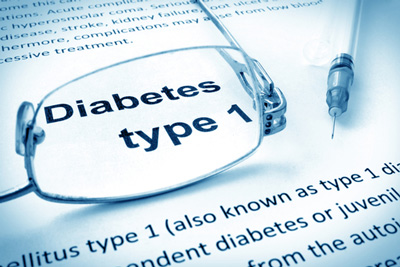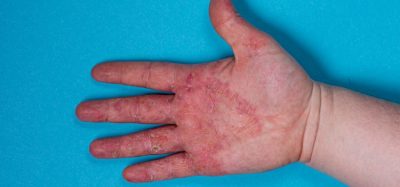Weekly injection shows promise for type 1 diabetes
Posted: 31 October 2023 | Caroline Peachey (European Pharmaceutical Review) | No comments yet
Once-weekly icodec injections showed non inferiority to once-daily injections of degludec in a Phase III clinical trial.


Insulin icodec, a once-weekly basal injection to treat type 1 diabetes, has the potential to be as effective in managing the condition as daily basal insulin treatments, according to results of the year-long ONWARDS 6 Phase IIIa clinical trial, recently published in the Lancet.
The study, conducted at 99 sites across 12 countries tested the efficacy and safety of a weekly basal injection of icodec (a long-lasting type of insulin) and compared it to a daily basal injection of insulin degludec in adults with type 1 diabetes.
The research was led by Professor David Russell-Jones, Professor of Diabetes and Endocrinology at the University of Surrey, UK. Funding was provided by Novo Nordisk.
The 582 study participants with type 1 diabetes were split into two groups; the first received once-weekly injections of icodec (700U/ml), and the second received daily injections of degludec (100 U/ml), both in combination with aspart, a short-acting insulin at mealtimes.
After 26 weeks, scientists identified HbA1C (a protein within red blood cells with glucose attached to it and the universal marker for overall diabetes control) had reduced in both cohorts. HbA1C levels in those who had taken icodec decreased from a mean of 7.59 percent at baseline to an estimated mean of 7.15 percent. For degludec, the mean had decreased from 7.63 percent to 7.10 percent. The estimated treatment difference between them being 0.05 percent, confirmed the non-inferiority of icodec to degludec.
However, the study found that there were slightly higher rates of hypoglycaemic episodes (abnormally low levels of glucose in the blood) in the icodec group compared to degludec.
Prof. Russell-Jones, also a Consultant at the Royal Surrey Foundation Trust, said: “Reducing insulin injection frequency could lessen the burden of treatment for some people with the condition and improve their glycaemic control.”
“Although there is a slightly higher rate of hypoglycaemia under [the icodec weekly injection] regime, we found this could be easily managed. We’ve concluded this new insulin may have a role in reducing the burden of daily basal injections for patients managing type 1 diabetes.”
Although the findings are ‘very promising,’ Prof. Russell-Jones stressed that “further analysis of continuous glucose monitoring data and real-world studies are needed.”
Related topics
Clinical Trials, Drug Delivery Systems, Drug Development, Research & Development (R&D)









